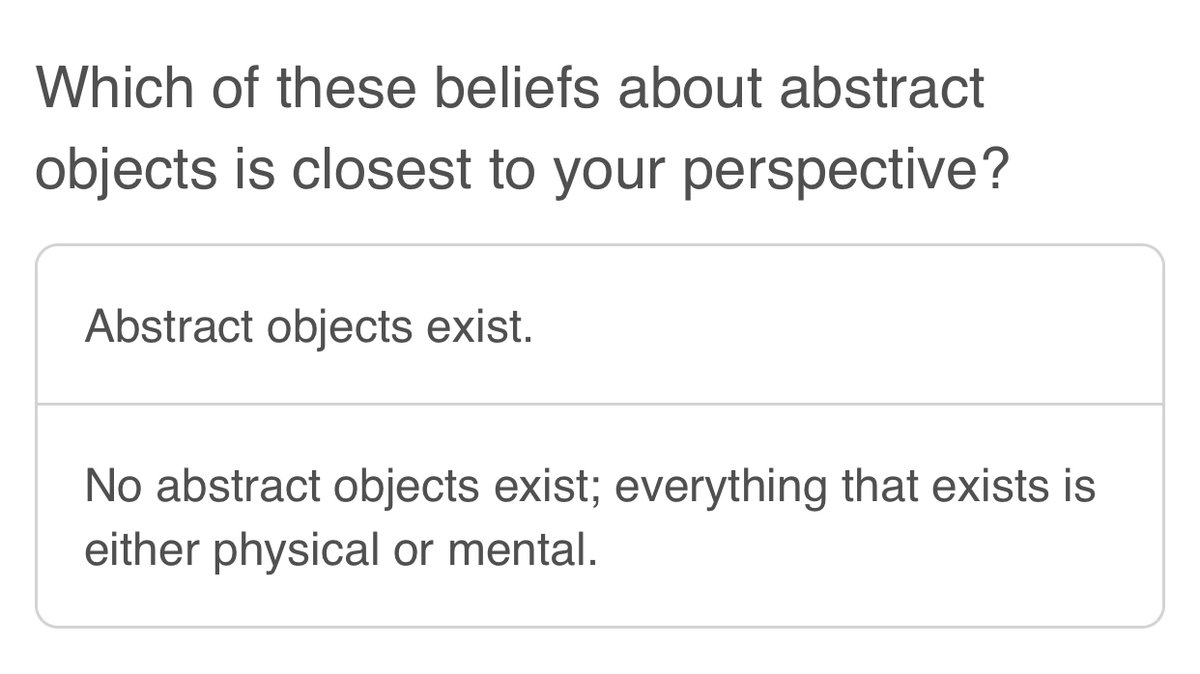
If you have the capacity for it, you should be less moral. Not more immoral, not more self-interested, but less confined by fixed ideas of goodness.
Essay from @vgr resonates with my writing on ethics, although in somewhat different conceptual framework.
breakingsmart.substack.com/p/good-people-…
Essay from @vgr resonates with my writing on ethics, although in somewhat different conceptual framework.
breakingsmart.substack.com/p/good-people-…
@vgr Morality suffices to navigate well-defined ethical domains. It fails, and may be worse than useless, when facing “wicked problems”—nebulous ones, in my terminology.
“Being a good person” is the essence of the culture war. Y’all should stop that. It’s profoundly destructive.
“Being a good person” is the essence of the culture war. Y’all should stop that. It’s profoundly destructive.

@vgr Strong analogy: both ethics and technical rationality fail in the face of nebulosity.
In both cases, one should *not* revert to immorality or irrationality. metarationality.com/nebulosity
In both cases, one should *not* revert to immorality or irrationality. metarationality.com/nebulosity
@vgr Here @vgr describes a phenomenon I’ve increasingly observed recently. People I respect, who like my work and to whom I seem to be a mostly-good person, are disappointed, and also baffled, because I am not on their side in the culture war. breakingsmart.substack.com/p/good-people-… 

@vgr I appear “weirdly confused, weak-willed, morally compromised, and inconsistent” and maybe it seems my politics are incoherent or ignorant or bland middle-of-the-road normie. I have, actually, strong political views, but they are not mappable if you seek moral “dry ground.” 

@vgr When rationality fails in the face of nebulosity, it’s tempting to say “oh, then we need the other thing, which is emotions and spirituality and intuition and stuff.”
Usually wrong.
Reverting to emotionalism and tribalism when ethics fails—usually wrong. metarationality.com/cognitive-scie…
Usually wrong.
Reverting to emotionalism and tribalism when ethics fails—usually wrong. metarationality.com/cognitive-scie…

@vgr .@vgr and I are often cited as “postrationalists.” True inasmuch as we were rationalists at one time (PhDs in control theory & AI respectively) and no longer are.
I don’t use the word, because “postrationalism” often means “emotions, yay!”
Not my thing.
I don’t use the word, because “postrationalism” often means “emotions, yay!”
Not my thing.
https://twitter.com/Meaningness/status/1394683067810213895
@vgr .@vgr builds a 2x2. Not sure I agree with the whole of it, but I share his advocacy of regarding the paradoxes of wicked problems as absurdist comedy breakingsmart.substack.com/p/good-people-… 

• • •
Missing some Tweet in this thread? You can try to
force a refresh









